Arms Trade Treaty: Global victory for women, girls
On April 2, the Arms Trade Treaty (ATT) passed with an overwhelming number of United Nations’ member states voting in its favor (154), including the United States.

On April 2, the Arms Trade Treaty (ATT) passed with an overwhelming number of United Nations’ member states voting in its favor (154), including the United States.
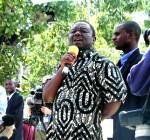
The following pastoral letter was published by the Zimbabwean Catholic bishops in March 2013 as the country prepares for a new round of national elections.

Br. Dave Andrews, CSC, who has worked for years on food justice issues, spoke to the participants at the 2013 Ecumenical Advocacy Days gathering.
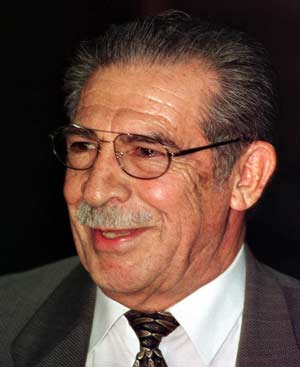
The following article is reprinted from the Trial of Efrain Rios Montt and Mauricio Rodriguez Sanchez website.
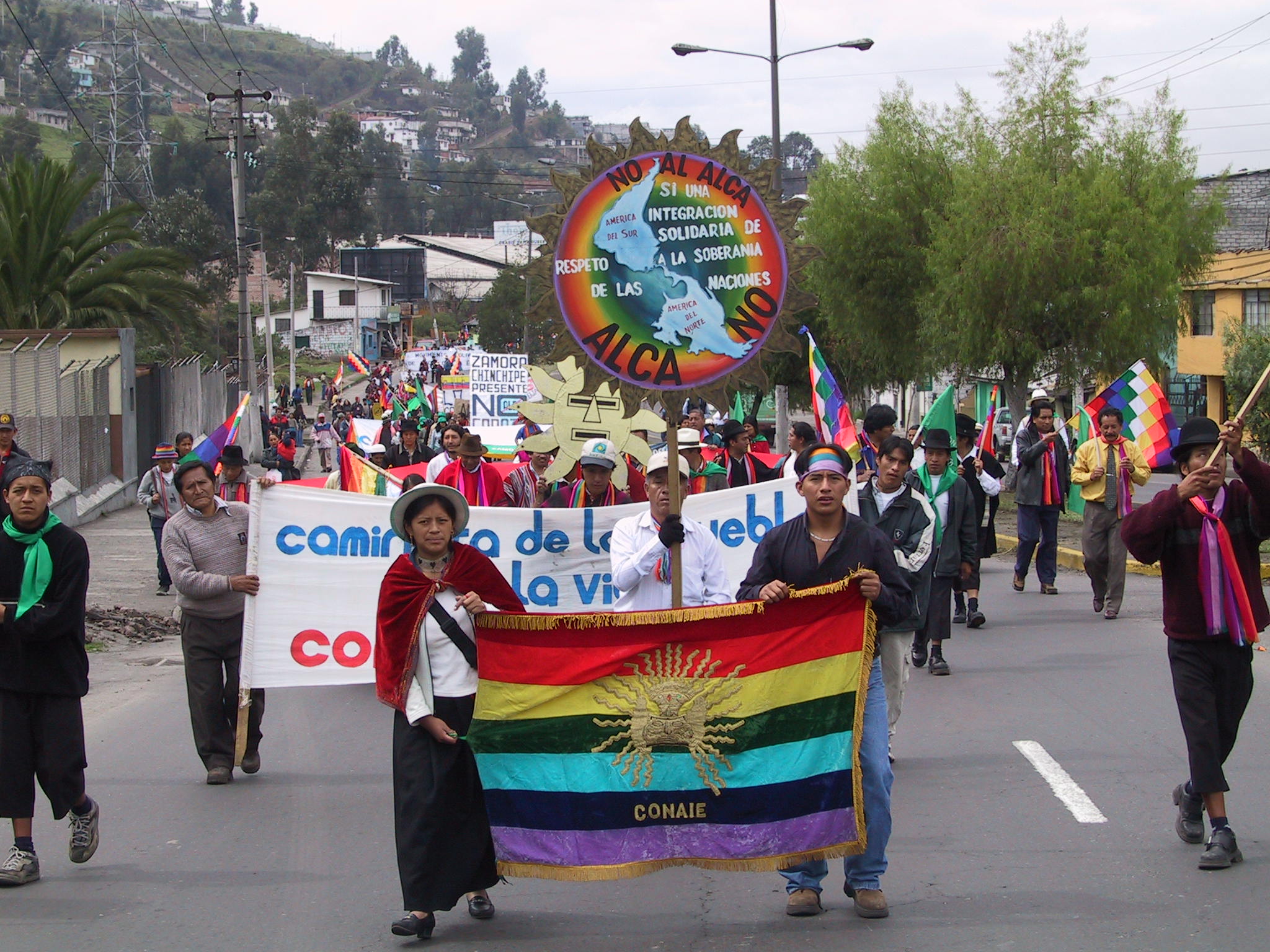
In the last few years, Ecuador has experienced a disturbing increase in government, police and military crackdowns on peaceful protests held against the exploitation of natural resources.
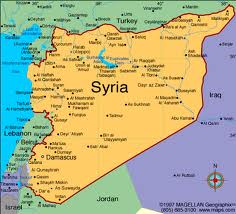
Pax Christi International (PXI) Secretary General José Henríquez writes the following letter at the close of PXI’s Lenten campaign in support of the people of Syria.
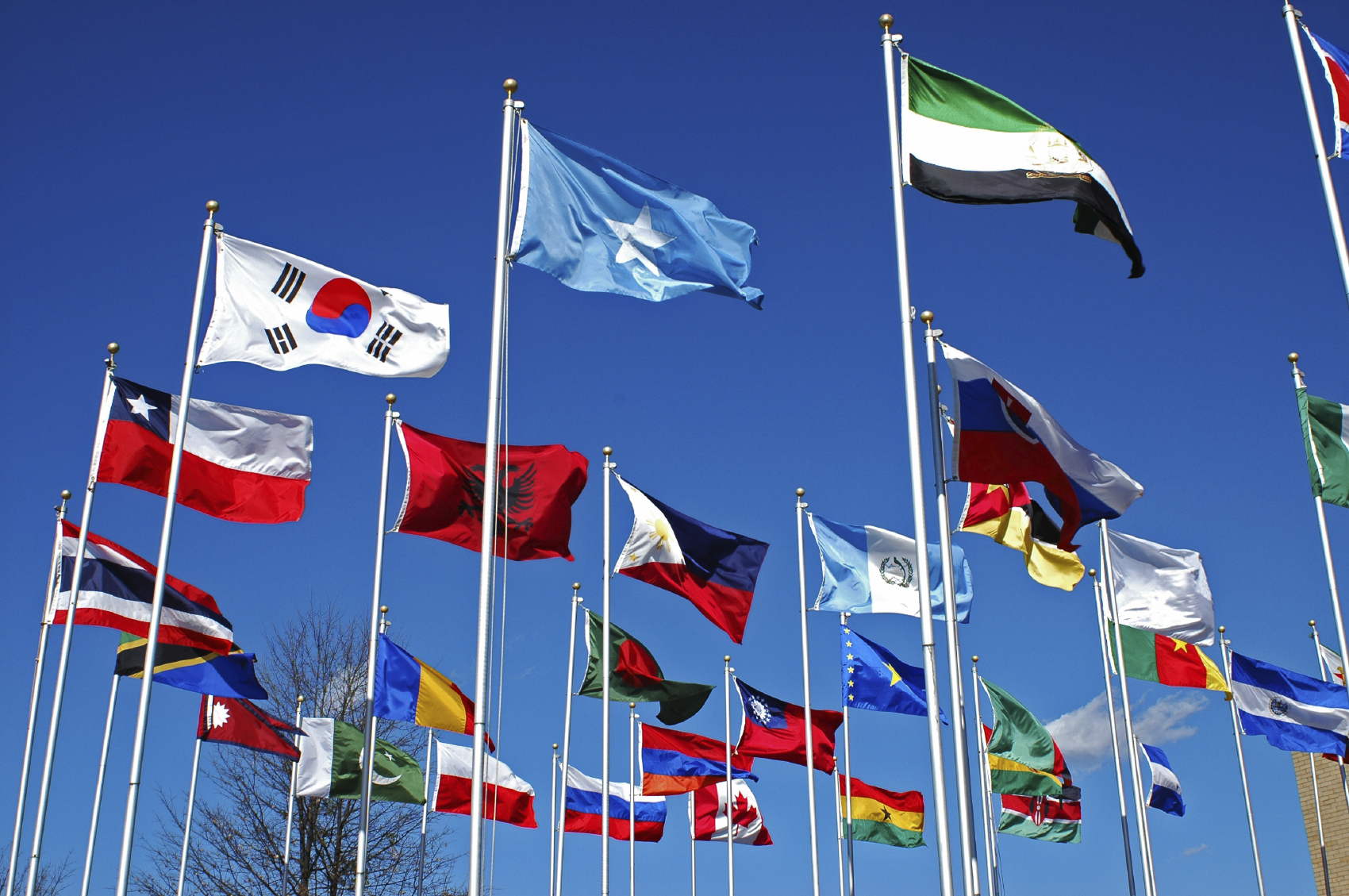
The following report onthe February 2013 meeting of the UN Commission on Social Development was written by Sr. Elizabeth (Claris) Zwareva, MM, who represents Maryknoll at the UN.

A few select resources for study and reflection.

Shareholder advocacy calling on corporations to be accountable for their GHG emissions and to take steps to address climate change continues.
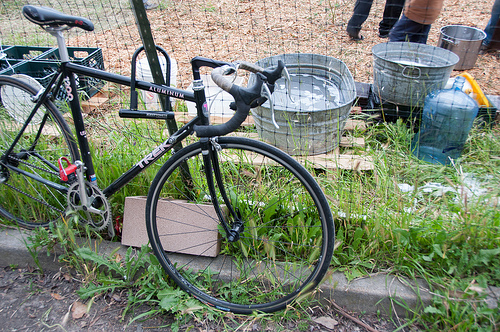
To adequately address the climate crisis, a vast global mobilization is needed to urgently and radically reduce greenhouse gas emissions.

As the EU seeks ways to reform the Emissions Trading System, and the U.S. considers implementing a similar system, it is important to identify the failures of market-based solutions to climate change.

The following report was written by Sr. Mary Ann Smith, MM, who, with other Maryknoll missioners, Affiliates and staff members from the Global Concerns office, joined a multi-faith contingent organized by Sojourners and Interfaith Power and Light at the February 17 rally on climate change in Washington, D.C., attended by tens of thousands of people.
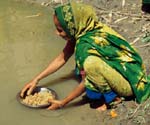
World Water Day is March 22.
The ongoing struggle for just and humane immigration reform in the U.S. will probably stretch out all spring.

From March 18-28, the United Nations will hold the final talks on the Arms Trade Treaty.
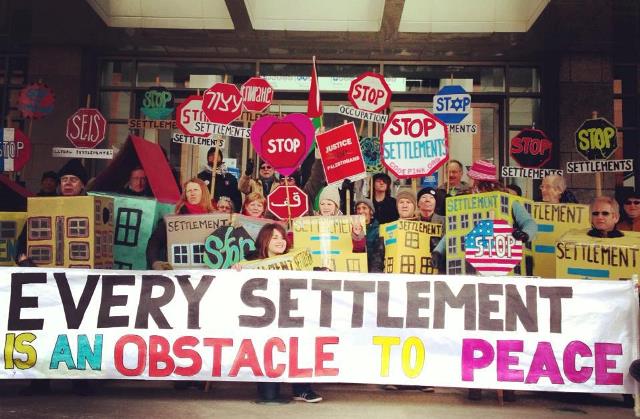
In January, Pax Christi International, the Catholic peace movement, released the following statement, calling for an end to Israeli settlements on Palestinian land.

For the past 60 years, since the 1950-53 civil war with South Korea ended in a truce, North Korea has been stuck in a vicious cycle, a strategic plan that can be described in short as oppression coupled with threats of insanity and aggression, all enabled by North Korea’s economic lifeline: China.
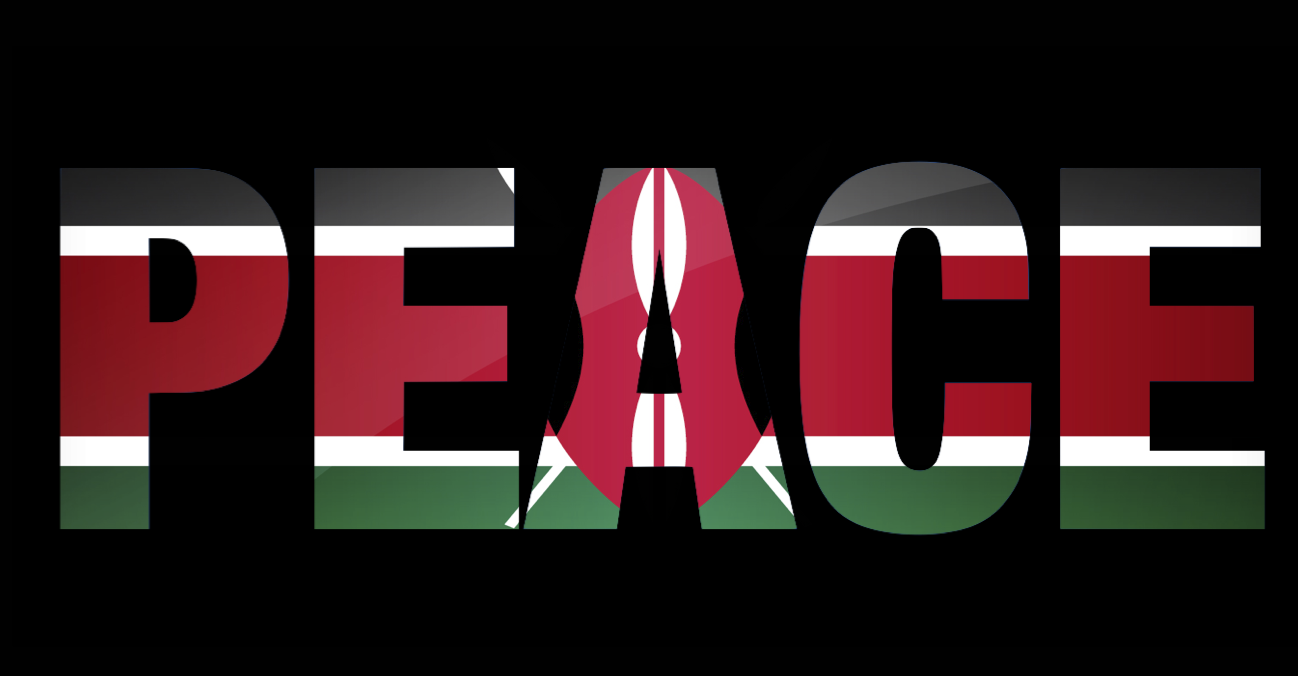
The following article was written by Sr. Teresa Hougnon, MM, who lives and works in Kenya, where elections took place on Monday, March 4.